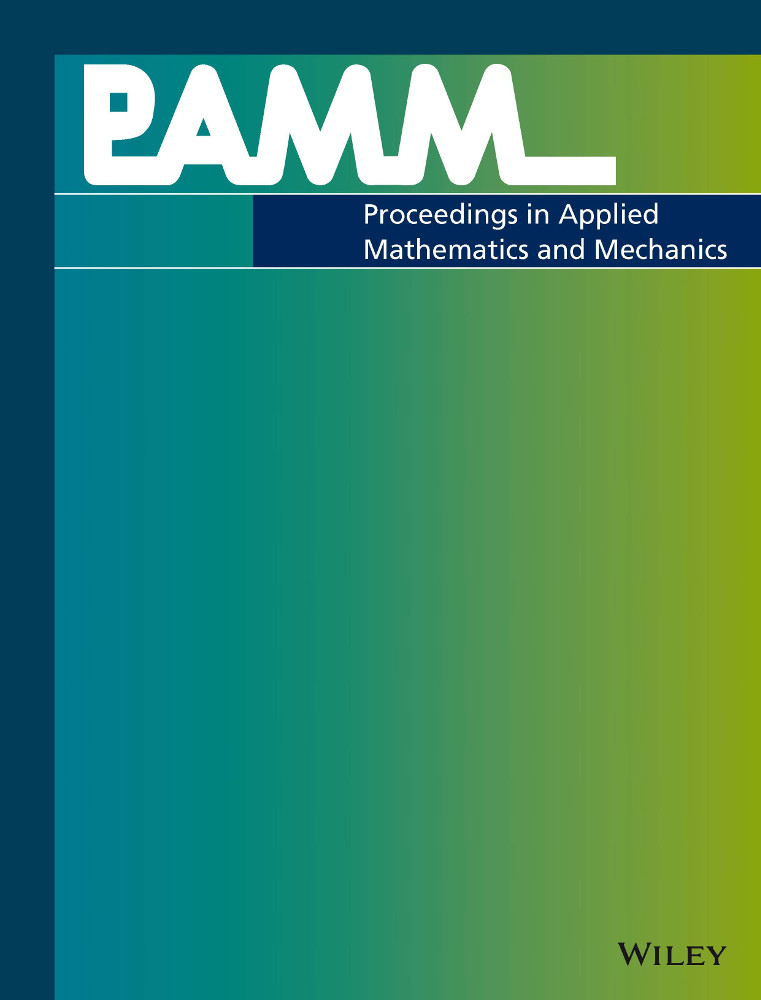Modelling of time-dependent fatigue crack growth of hydrogels
Abstract
The service life of hydrogel-based devices is strongly influenced by the anti-fatigue capability of hydrogels. While recent advancements in the synthesis of hydrogels have improved their fatigue resistance, the underlying mechanisms that dominate the time-dependent fatigue crack growth of hydrogels are still poorly understood. In this study, a computational method is developed to predict the fatigue crack of hydrogels. A physics-based poro-visco-hyperelastic model is developed within the framework of the Theory of Porous Media at finite strains to describe the mechanical behaviour of hydrogels. A Bell model-based chain evolution law is adopted to describe the time-dependent breaking/reforming kinetics of physical chains. An energy-based fatigue crack growth model is proposed to predict the fatigue crack growth of hydrogels. The averaged elastic energy density surrounding the crack tip is calculated as the driving force of fatigue crack growth. The effects of viscoelasticity, physical chain kinetics and fluid transport on the fatigue crack growth are analysed. The results indicate that these time-dependent mechanisms cannot be ignored in predicting the fatigue crack behaviour of hydrogels.




